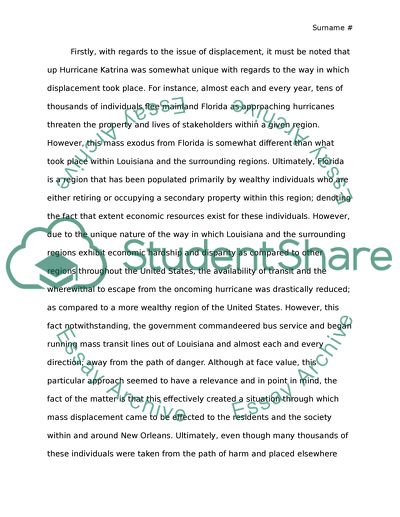Cite this document
(“CASE STUDY on Hurricane KAtrina and its psychological, physical and”, n.d.)
CASE STUDY on Hurricane KAtrina and its psychological, physical and. Retrieved from https://studentshare.org/english/1495485-case-study-on-hurricane-katrina-and-its
CASE STUDY on Hurricane KAtrina and its psychological, physical and. Retrieved from https://studentshare.org/english/1495485-case-study-on-hurricane-katrina-and-its
(CASE STUDY on Hurricane KAtrina and Its Psychological, Physical and)
CASE STUDY on Hurricane KAtrina and Its Psychological, Physical and. https://studentshare.org/english/1495485-case-study-on-hurricane-katrina-and-its.
CASE STUDY on Hurricane KAtrina and Its Psychological, Physical and. https://studentshare.org/english/1495485-case-study-on-hurricane-katrina-and-its.
“CASE STUDY on Hurricane KAtrina and Its Psychological, Physical and”, n.d. https://studentshare.org/english/1495485-case-study-on-hurricane-katrina-and-its.


